Reclaim Calm by Understanding Your Ancient Brain
Your brain evolved for survival, not for modern life. Mind Origins helps you decode instinctive reactions, reduce anxiety, and retrain your emotional habits using the power of evolutionary neuroscience.
You’re not broken. You’re human — and your brain is simply trying to protect you.Unlock the Origins of Your Stress
How Ancient Instincts Shape Your Stress Responses
Discover how instincts formed over millions of years still drive your thoughts and reactions to stress. Understanding these instincts can bring peace of mind.
The Evolutionary Purpose of Your Brain
Your brain did not evolve to thrive in modern life but to survive immediate threats. Learn how this affects your daily stress and anxiety.
Modern Life vs. Ancient Brain
The challenges you face today — from floods of information to rapid social interactions — are unlike anything your brain was designed to handle. This mismatch leads to chronic stress and emotional exhaustion.
How Mind Origins Helps You Understand Your Brain
We reveal how your ancient brain influences your thoughts and feelings, often unconsciously, and offer practical strategies to regain control and reduce stress.
Take the First Step: Explore Our Free Resources
Start your journey towards calm with free guides, eBooks, and exercises tailored to your brain’s evolutionary needs.
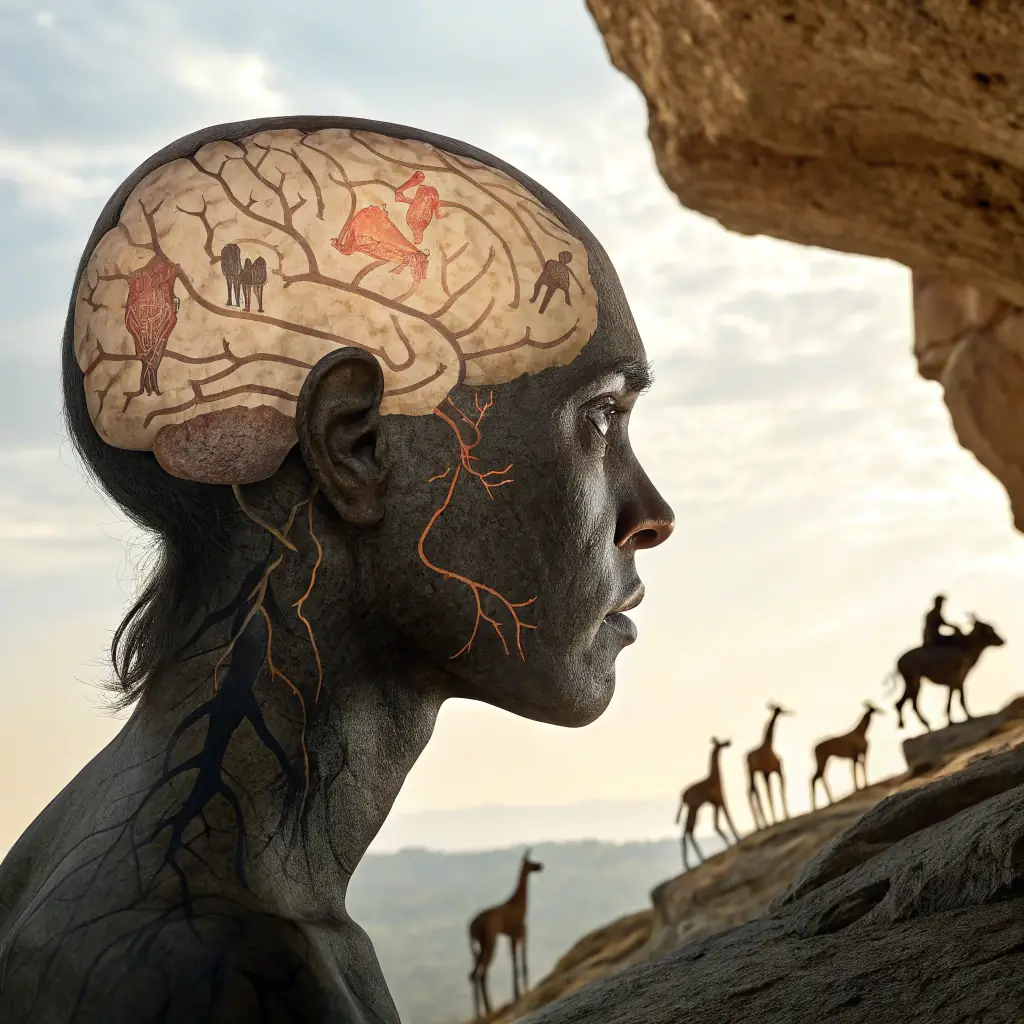
Understand Your Brain, Master Your Life
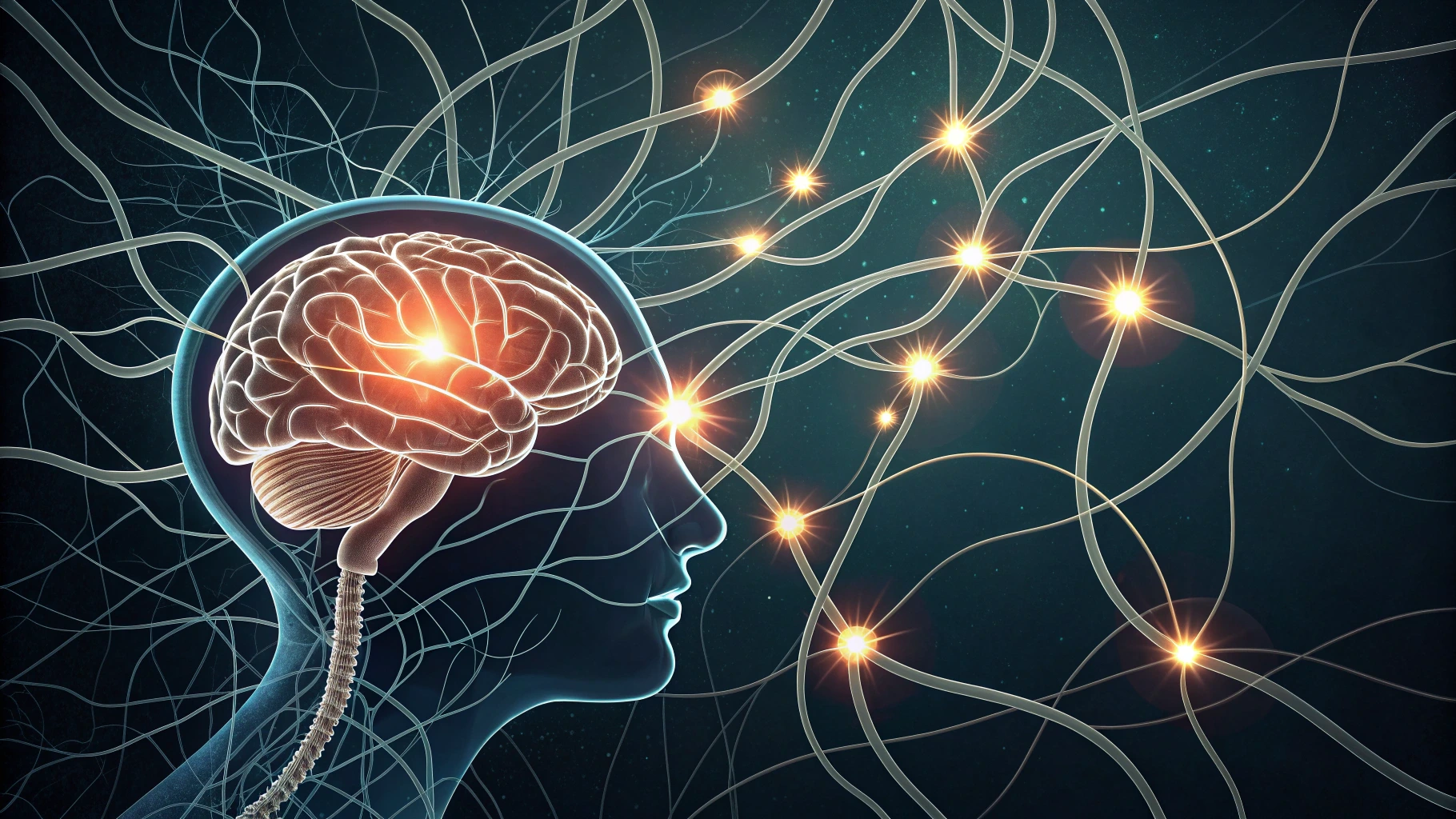
The Neuroscience of the Backfire Effect: Why Our Brains Reject Facts
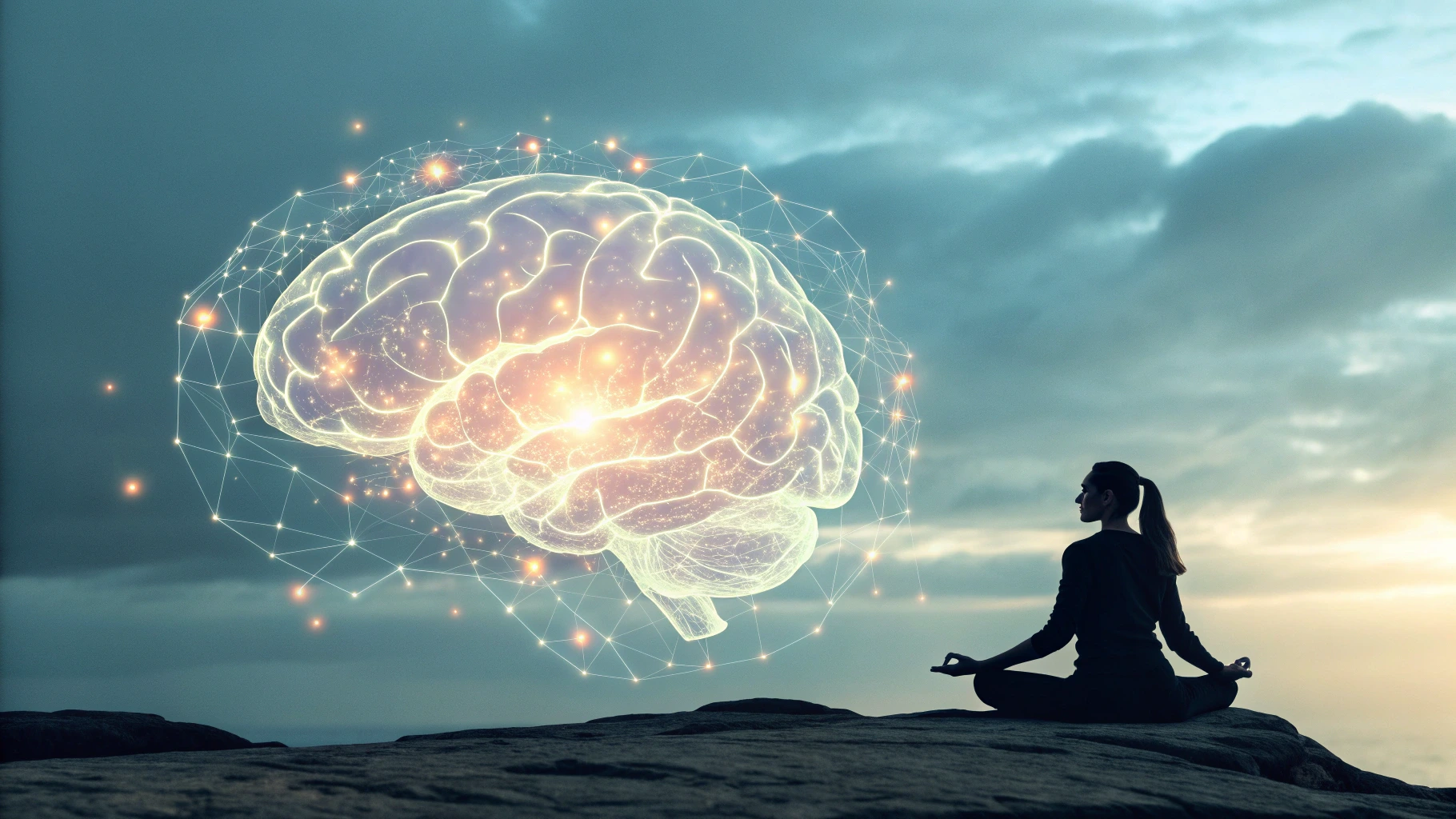
The Neurobiological Foundations of Self-Awareness: Exploring Mindfulness and Meditation
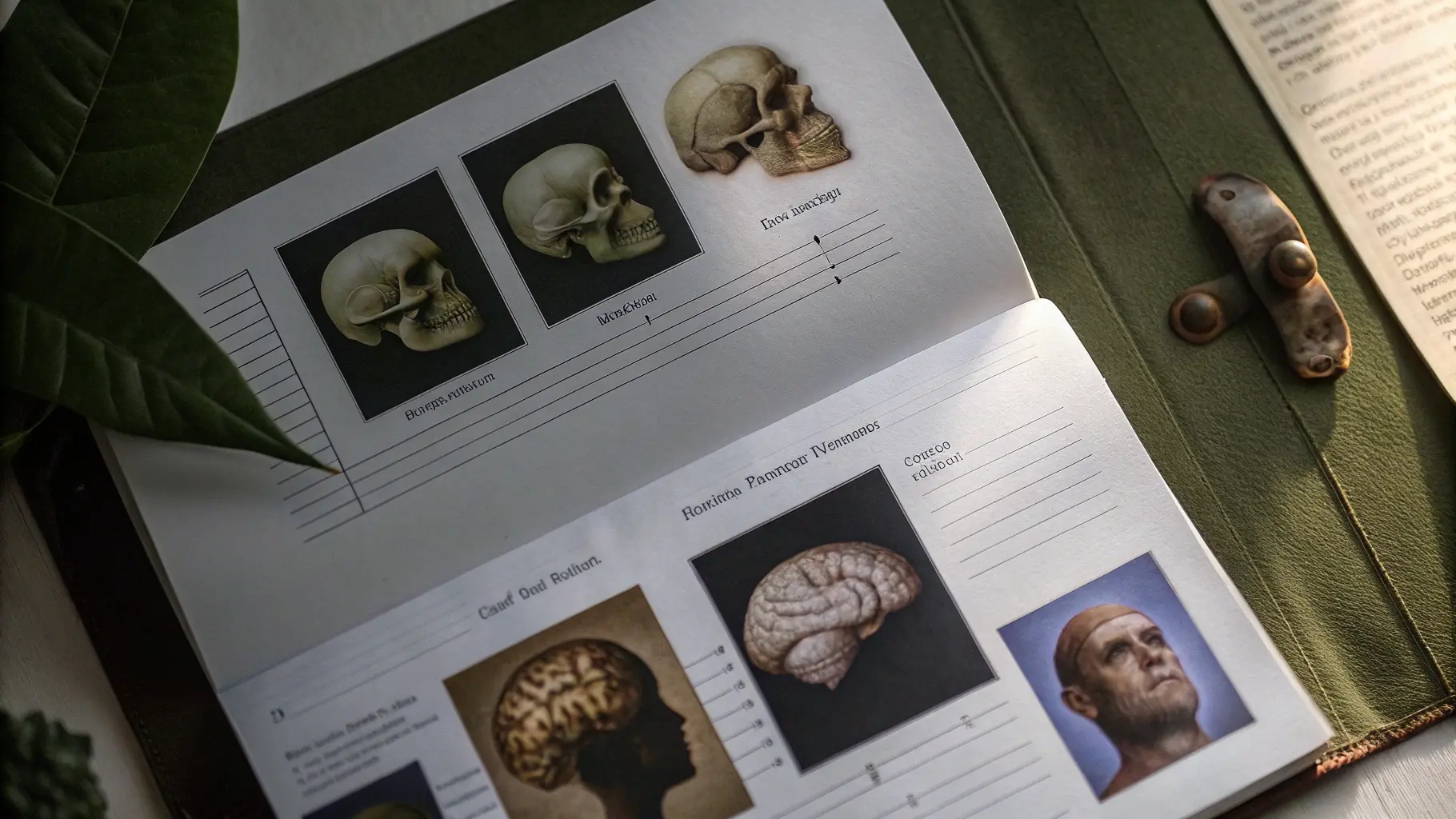
The Intriguing Journey of the Human Brain: From Ancestry to Modern Capabilities
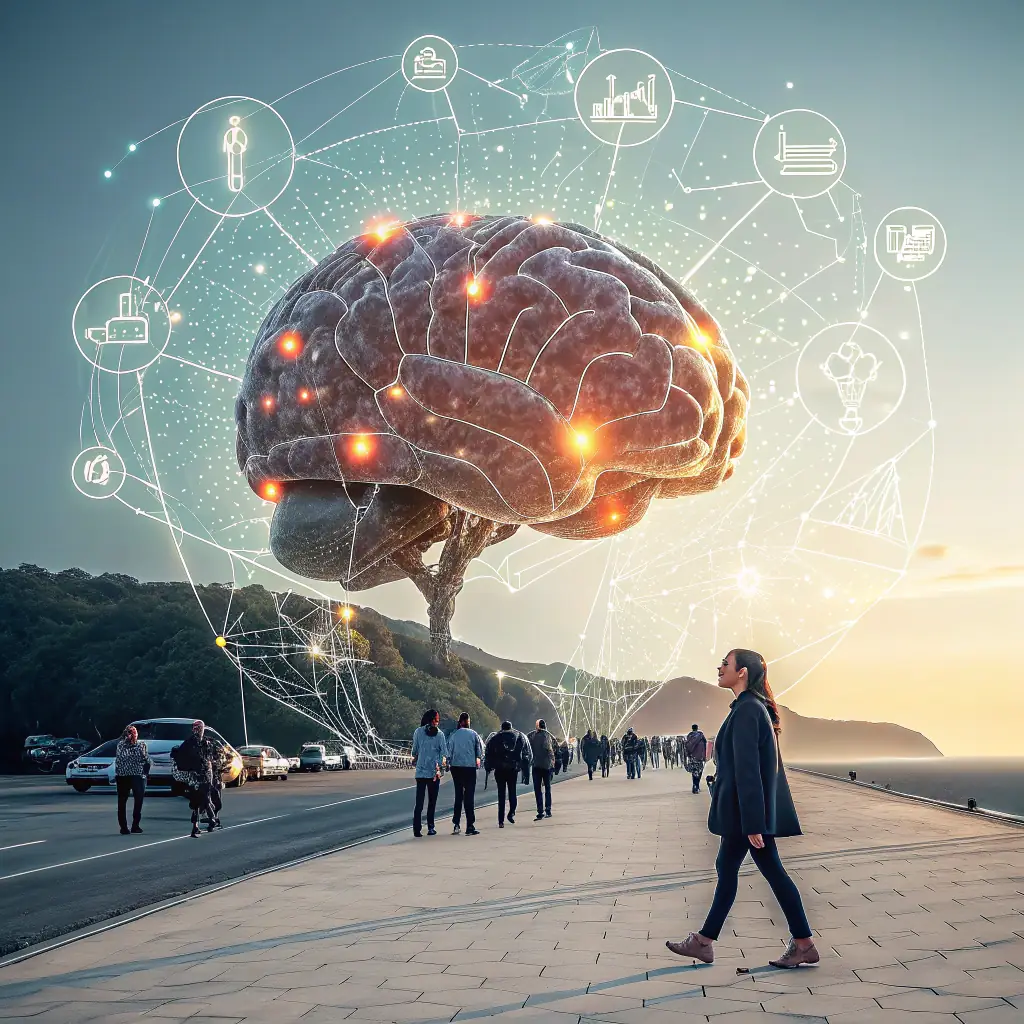
Why Your Brain Feels Overwhelmed
Your brain wasn’t built to cope with the fast, complex challenges of modern life. Over millions of years, it evolved to focus on immediate survival threats such as predators, scarce resources, and social exclusion within small tribal groups. As a result, your brain instinctively reacts in fight, flight, or freeze modes to keep you safe.
The Modern World Presents New Challenges
Today, you face constant streams of information, rapid social interactions—especially on social media—busy schedules filled with endless decisions, and invisible psychological pressures. Your ancient brain, still wired for survival, often mistakes everyday stressors—like a delayed message or missed deadline—as immediate threats.
The Impact: Chronic Stress and Anxiety
This misinterpretation leads to chronic stress, anxiety, and emotional exhaustion that many experience daily.
How Mind Origins Supports You
At Mind Origins, we help you understand how your ancient brain subtly influences your thoughts and emotions, often without your awareness. Becoming conscious of these patterns empowers you to break free from unconscious reactions.
Taking Control of Your Stress
By learning about your brain’s evolution, you can:
Reframe daily challenges with compassion.
Recognize stress as a natural response—not a personal flaw.
Use effective strategies to calm your brain, develop healthy thought patterns, and build resilience.
Why Your Brain Struggles in a Complex World
Evolution of the Brain
For millions of years, living organisms’ brains evolved gradually—from simple survival responses in early life forms to the sophisticated consciousness of modern humans. Back then, our ancestors faced relatively simple daily challenges that their brains could easily handle.
Modern Challenges Overwhelm Your Brain
However, today’s world bombards your brain with a flood of information in just one day—far more than people experienced over months or years a century ago. This rapid pace creates loads of mental pressure.
Evolution is a Slow Process
Adapting fully to this complexity would require major changes in our brains, such as growing larger or becoming more specialized. Unfortunately, evolution takes thousands or even millions of years—much longer than the speed of modern life.
Practical Solutions for Today
Since waiting for evolution is unrealistic, the better approach is to understand your brain’s natural limits. By knowing these, you can develop smarter ways to manage mental overload and protect your well-being.
- From Cells to Consciousness: Understand how simple life forms evolved into thinking beings.
- Brain Overload: Discover why your mind struggles with modern life’s information overload.
- Evolution’s Slow Pace: Learn why we can't simply rely on brain evolution to ease modern stress.
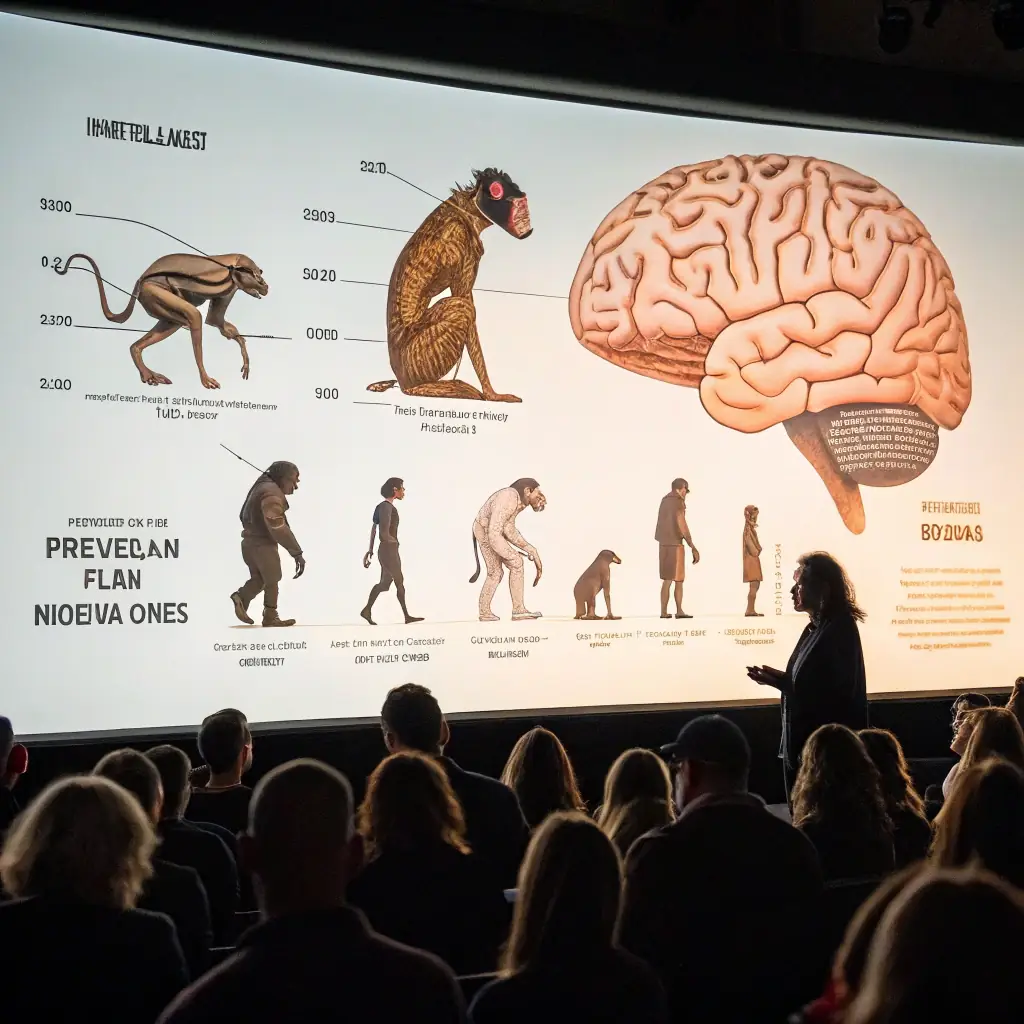
How Ancient Instincts Control Your Modern Life
Your brain still runs on survival software from ancient times.
Thousands of years ago, these instincts were crucial—they protected humans from immediate dangers like predators and threats in nature. Today, the same instincts activate frequently, but in response to completely different situations, such as traffic jams, work stress, or social media anxiety.
Because these instincts evolved for survival, not for emotional well-being, they often create unnecessary stress, anxiety, or conflict. By understanding how your ancient brain interprets modern scenarios, you can begin to regain control and respond more calmly and clearly.
- Fight or Flight Today: Why your brain reacts to everyday stress as life-threatening danger.
- Social Instincts: How ancient group behaviors shape your interactions and emotions today.
- Hidden Triggers: Identify why small problems create big emotional reactions.

Use the Power of Evolution to Improve Your Life
Whether you’re struggling with stress, anxiety, or emotional burnout—or you’re simply curious to better understand yourself and others—Mind Origins offers practical insights into the evolutionary reasons behind your feelings and behaviors.
Our resources aren’t just for tough times; they’re tools to help anyone achieve greater self-awareness, improve relationships, and live a calmer, more meaningful life.
Feeling Stressed or Anxious? Understand how your evolutionary past affects your mental health today, and find relief.
- Already Feeling Good? Learn how understanding your instincts can help you maintain mental clarity and emotional balance.
- Everyday Tools: Simple exercises, free eBooks, and guides to help you live consciously every day.
- Understand Others: Discover how evolutionary psychology can improve your relationships and communication, creating greater empathy and less conflict.
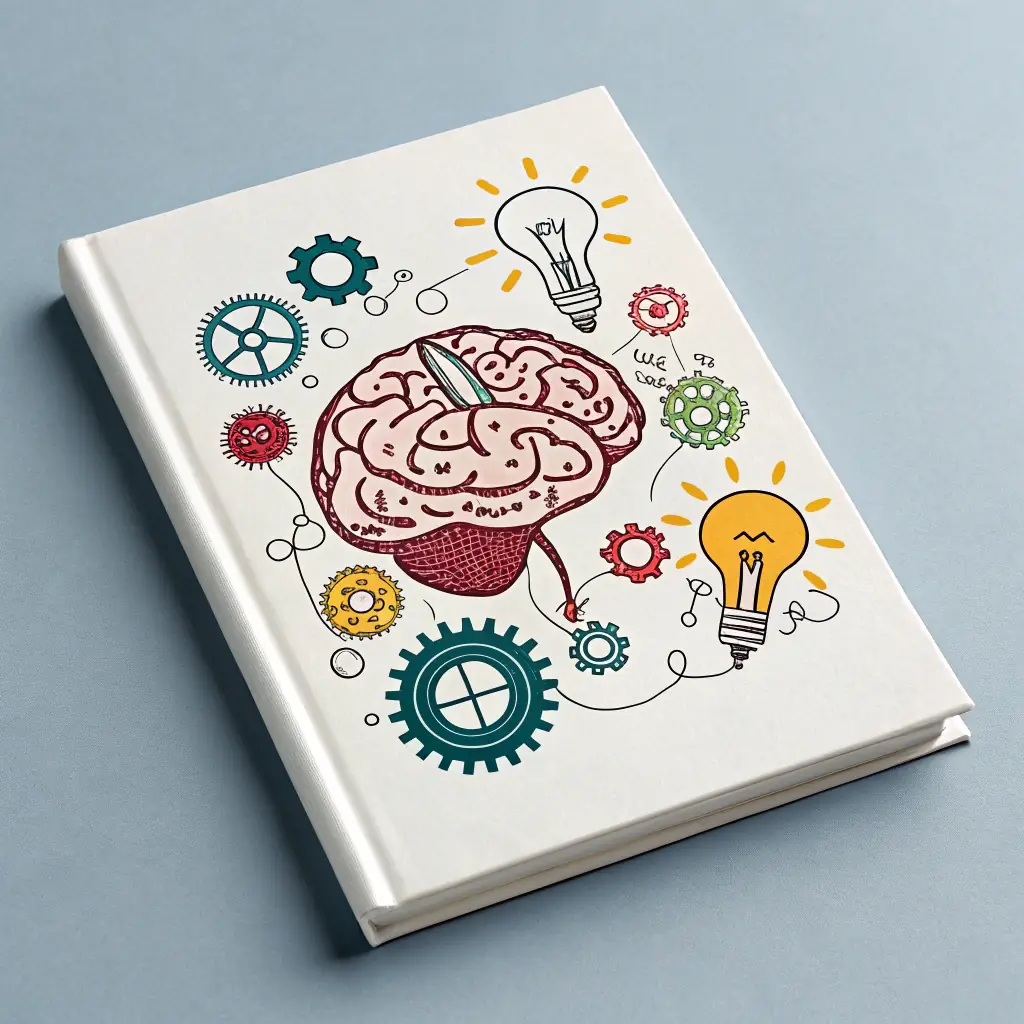
Stress & Recovery Cycle
Timeline with Duration, Key Statistics & Recovery Data
Key Statistics & Timeframes
Section Title
Take Our Free Anxiety Assessment - Get Instant Results
😰 Anxiety Assessment
Understand Your Anxiety Levels
A comprehensive assessment based on the GAD-7 scale to help you recognize anxiety patterns and their impact on your daily life
Understanding This Response:
Free Resources to Manage Stress and Understand Your Mind
To help your brain cope with modern life’s overwhelming challenges, we’ve created easy-to-use resources grounded in evolutionary psychology. Through clear, simple language, these resources will transform how you see yourself, your emotions, and your interactions with others.
- Practical eBooks: Quick guides to reduce stress, manage anxiety, and enhance self-awareness. (10+)
- Illustrated Articles: Understand clearly why your brain reacts as it does, and how ancient instincts shape your daily emotions. (50+)
- Interactive Exercises: Simple daily practices to strengthen your emotional health and mental clarity.
- Quick Insights: Short, clear explanations revealing surprising facts about your mind and behavior, helping you understand yourself in minutes.

Ever Wondered Why You React the Way You Do?
What if your anxiety, stress, or overthinking wasn’t a personal flaw—but a leftover instinct from a brain shaped by survival? (Why Your Brain Still Thinks You're in the Wild)
Did You Know?
- Your brain still reacts to rejection as if your life depended on it. Learn why social pain hurts so much.
- Fight-or-flight is often triggered by emails and notifications. See how old instincts shape your reactions.
- Even your habits are shaped by evolution. Explore how to rebuild self-discipline.
A Short Story You May Relate To:
Sarah walked into a meeting and her heart raced. She wasn’t being chased, yet her palms were sweaty and her mind foggy. What triggered this? Her brain couldn’t tell the difference between a boss’s frown and a predator’s glare. It's not her fault—it's evolution. Read more about how old instincts hijack the brain.
Signs Your Old Brain Is Still in Charge
- Overreacting to minor conflicts (The Evolutionary Mismatch)
- Fear of judgment or public speaking (Social Brain & Rejection)
- Struggling with change or uncertainty (Train Your Brain)
You are not broken. You are not weak. Your brain is just doing what it was designed to do—protect you in a world that no longer exists.
Which of These Sound Familiar?
- You often feel anxious but can’t explain why.
- You replay conversations in your head for hours.
- You want to relax but your brain won’t slow down.
- You feel guilty for resting.
These are not signs of failure. They’re clues from your evolutionary history. (Why your brain feels overwhelmed)
Start Your Journey to a Calmer Mind Today
You don’t have to wait thousands of years for your brain to evolve—
you can begin improving your mental clarity and reducing stress right now.
Explore how understanding your evolutionary past can transform your daily life. Join thousands who've already found greater peace, clarity, and emotional balance through Mind Origins.
Mind Origins – Frequently Asked Questions
🧩 What's your default response to sudden stress?
| Take immediate action 🚀 |
| Pause and analyze 🧐 |
| Seek support from others 🫂 |
| Ignore it and hope it goes away 😶🌫️ |
| Reaction Type | What it Means | Advice |
|---|---|---|
| Immediate Action | Primal, survival-driven (Reptilian brain) | Try mindful pauses before acting |
| Pause & Analyze | Modern, logical (Prefrontal cortex) | Balance thinking with action |
| Seek Support | Social wiring (Limbic system) | Great for teamwork, but own your decisions |
| Ignore/Avoid | Stress overload mode | Practice facing issues with micro-steps |
🧠 Depression & Mental Health Assessment
Understand Your Mental State
A comprehensive assessment to help you recognize patterns in your mood and emotional well-being based on evolutionary neuroscience
Understanding This Response:
Send Us a Message
What Our Users Are Saying
Real stories from people who transformed their mental clarity by understanding their ancient brain.
Anna, UK
“Mind Origins helped me understand why I react the way I do, which significantly reduced my anxiety. I feel more in control of my emotional triggers.”
Struggled with social anxiety → now calmer in conversationsCarlos, Spain
“The practical exercises made a huge difference in how I manage daily stress. It’s like I’m training my brain for peace.”
From daily overwhelm → to focused calmMia, USA
“I finally feel in control of my emotions, thanks to understanding the evolutionary perspective. I stop blaming myself and start observing instead.”
From emotional burnout → to self-compassionLouna, UK
“After reading about how ancient instincts still run our lives, I started applying awareness every day. My stress reactions now feel manageable.”
From fight-or-flight mode → to mindful awareness






